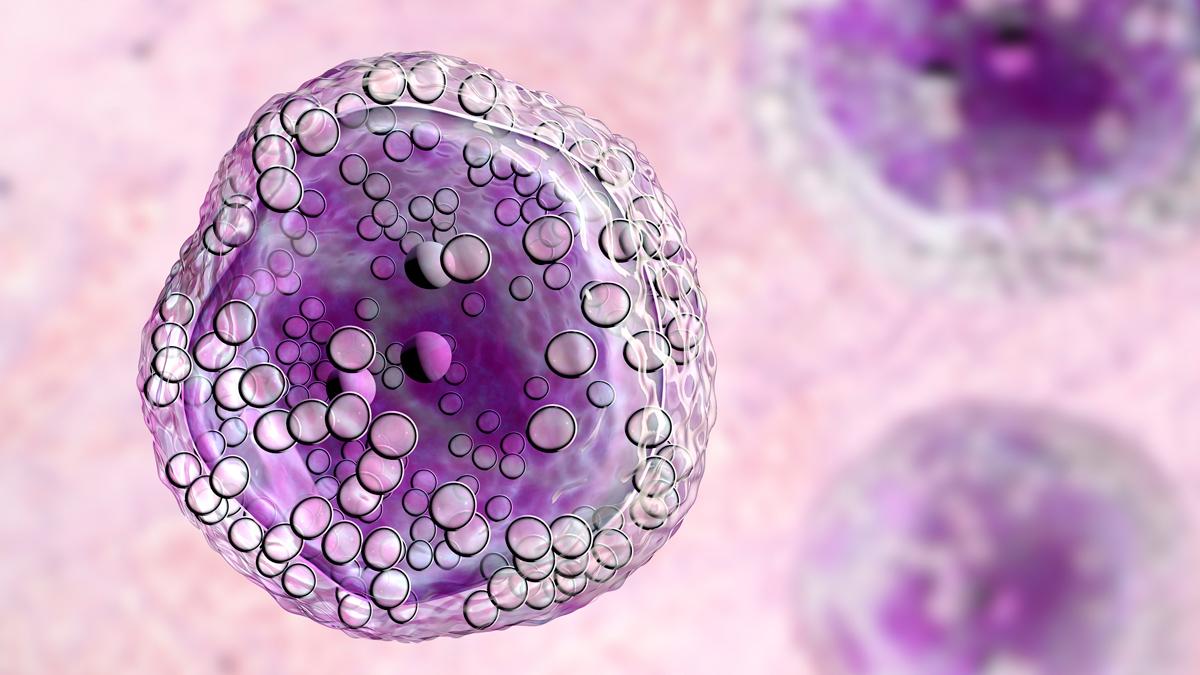FDA loosens restrictions on first-gen CAR-T therapies

There is enough experience with the first wave of autologous CAR-T therapies targeting CD19 and BCMA to allow strict rules ensuring their safe use to be relaxed, according to the FDA.
The US regulator has done away with the risk evaluation and mitigation strategies (REMS) that were a condition of the approval of the cell therapies, based on white blood cells harvested from patients that are engineered to treat haematological cancers like multiple myeloma and various forms of leukaemia and lymphoma.
Describing the move as a "bold step," the chief medical and scientific officer of the FDA's Center for Biologics Evaluation and Research (CBER), Vinay Prasad, said that "eliminating the REMS that is no longer needed also expedites the delivery of potentially curative treatments to patients and reduces burden on providers."
At a stroke, the move could expand access to FDA-approved CD19 CAR-T therapies – Novartis' Kymriah (tisagenlecleucel), Gilead Sciences' Yescarta (axicabtagene ciloleucel), and Bristol Myers Squibb's Breyanzi (lisocabtagene maraleucel) – as well as BCMA-directed therapies Abecma (idecabtagene vicleucel) from BMS and Johnson & Johnson and Legend Biotech's Carvykti (ciltacabtagene autoleucel).
The move also brings the older CD19 CAR-Ts into line with Autolus' recently approved Aucatzyl, which was cleared for the treatment of B-cell precursor acute lymphoblastic leukaemia (ALL) last November without a REMS.
Since the first-generation CAR-Ts reached the market several years ago, clinicians have become more adept at handling potentially serious side effects, including cytokine release syndrome (CRS) and neurotoxicity, which led the FDA to demand safety measures to try to manage risks.
The REMS removal means that patient monitoring requirements have been relaxed or removed, and it no longer needs to be carried out at FDA-certified clinics, removing a barrier that restricted options for patients living too far away to make those regular visits easily.
Other changes mean that a requirement to stay within proximity of a healthcare facility following infusion of the CAR-T has been reduced from four weeks to two, and an eight-week restriction on patients driving has been cut to two weeks after treatment.
In a statement, BMS said that, while the benefits of CAR-T therapy can be "transformational," only around two out of 10 eligible patients receive it "due to the confluence of complex logistical and geographic barriers affecting patients and providers."
The company said it has now launched a drive to identify community centres across the US that allow its CAR-Ts to be given closer to where patients live.
Earlier this year, an American Society for Transplantation and Cellular Therapy (ASTCT) advisory committee supported the relaxation of REMS, acknowledging the restrictions imposed on patient access, but recommended that close attention be paid to "inexperienced" centres with a centralised repository of data on CAR-T use, so that safety issues or emerging toxicities can be monitored.
The FDA said that all CAR-Ts "will continue to be subject to routine safety monitoring through adverse event reporting requirements."












